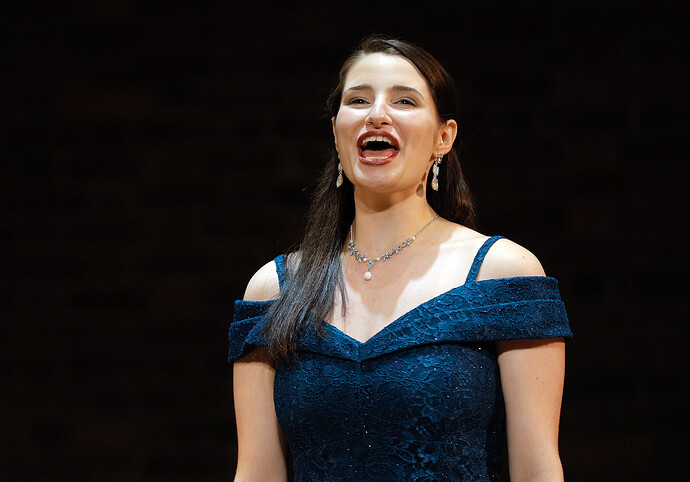You all are an incredible resource - I just wanted to quickly respond to the many, many, many questions about a throwaway comment I made to explain the “experiential” learning that I would call “extra” that she does not like, and that her tour of Wesleyan left her feeling she could likely encounter there or, more, that students desired . No, I was not suggesting - in violation of an official or unofficial honor code - that any particular school had done those things. It was hyperbole but designed to convey the qualities of “assignments made up in the name of quirkiness” to be engaging when traditional learning isn’t enough for some students, that she has abhorred in high school. If she’s studying poetry, she doesn’t want to draw a picture, she wants to read, and write. Her APUSH class literally had them dress up to reenact JFK’s assassination to engage students about the subject matter. It’s silly to her, and not the level of rigor she is seeking. She wants to research and read first hand accounts of the day, or discuss its ramifications on the geopolitical climate. So the examples provided were intended to convey what I think she finds annoying academically. And the people she saw there, on our tour, and the way they spoke about their experiences, struck her as more quirky and zany that what she felt she was seeking. To be completely fair, I agree with the posters who are pointing out that she should be more thoughtful about the things she is considering. That’s where I come in, but I have to have ideas to sell and that, my friends, is where you come in. I thank each and every one of you who have taken a moment to write and share your impressions, suggestions, and ideas. There is much sage counsel to be found in the hivemind!!
For the poster who commented that music won’t be a spike unless she’s won state level awards, I appreciate that, but the truth is she hasn’t put herself out there with “competitions” - she wasn’t that focused on it, and her choral director was having significant personal issues (and ended up leaving at the end of this year) so didn’t raise it for her, or push her to pursue it. She plans to audition this year, for the first time, for Districts/Regionals/States. She was selected for the ACDA (American Choral Directors’) summer honor choir this summer, and participates with her selective state choir, which rehearses 10+ hours a week year long. I’m hopeful that the quality of her actual art supplement combined with her selection for Vocal Arts at Interlochen this past summer will get her a closer look. We will see. It’s what she’s got, and she is eager to continue with it at that level or higher. Her art supplement will be what she submits to NW, so will include the 4 required art songs and arias in French, Italian, English and a language of her choice. She has 3 perfected already, and is working on her final piece with her vocal instructor. She could be “the opera singer” for her application, or “the girl who missed 42 days of school.”
She will be changed by the college experience, for the better, in terms of being more open-minded and thoughtful. I know I was. She does a pretty good job of it at 17, and really does know what she wants. I think it’s the belief that she’s entitled to a perfect learning environment - and being uncompromising in her quest for that perfection - that gets her into trouble. We’re working on it, and really digging in to figure out what she really likes, and, more importantly, why. I chose Penn when I did because it was the best school I got into, and coincidentally gave me the largest scholarships. It was a no-brainer. But of course, acceptance rates there were more like 25% when I applied, which she loves to point out. I don’t envy her having to sift and sort through everything to separate the wheat from the chaf - and maybe in the interests of expedience she is tossing options that she should reconsider. I will have her give Wesleyan another look. I was just noodling around on their website and I think she would LOVE their College of Letters interdisciplinary major, for example.


